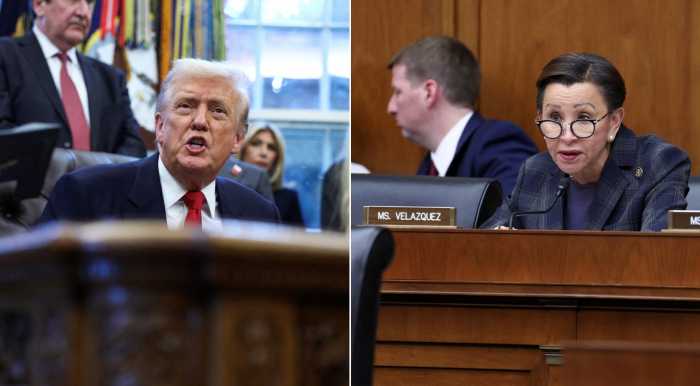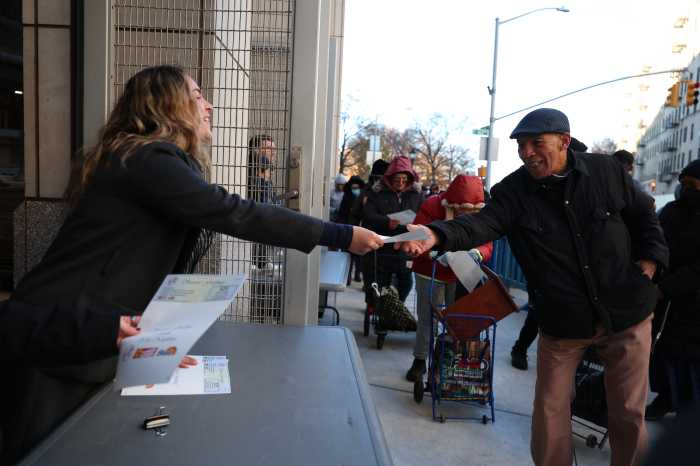Starbucks workers went on strike across multiple locations after Starbucks Workers United, a union representing the coffee giant’s employees, accused the company of removing Pride Month decorations and targeting workers.
“Some clarification for those who have been following Strike with Pride. This is an UNFAIR LABOR PRACTICE STRIKE over Starbucks’ refusal to bargain over changes in pride decoration policies in addition to their illegal union-busting campaign impacting queer workers,” Starbucks Workers United posted on their Twitter.
Among other stores to join the movement include a location in Madison, Wisconsin, where workers at The Capitol Square and State Street Starbucks hosted a “Unfair Labor Practice Strike with Pride” event on July 1 to shed light on the company’s alleged removal of Pride decorations.
Labor issues have long been brewing at Starbucks, which has seen at least 358 Starbucks stores turn to the National Labor Relations Board (NLRB) in efforts to hold union elections, according to the Associated Press, after a Starbucks location in Buffalo kicked off the unionization effort last year.
In a written statement published by the Associated Press, Starbucks fired back at Workers United and denied allegations against the company.
“Workers United continues to spread false information about our benefits, policies and negotiation efforts — a tactic used to seemingly divide our partners and deflect from their failure to respond to bargaining sessions for more than 200 stores,” Starbucks said in a written statement on June 23.
Earlier that month, on June 13, a Starbucks spokesperson told the Associated Press that the company had not altered any policies regarding Pride decorations.
“There has been no change to any policy on this matter and we continue to encourage our store leaders to celebrate with their communities, including for US Pride month in June,” the company said at the time.
On June 27, Starbucks executive vice president and president of Starbucks North America Sara Trilling said the company would “issue clearer centralized guidelines” regarding “in-store visual displays and decorations that will continue to represent inclusivity and our brand.”
An administrative judge with the NLRB in New York said in March that Starbucks ran afoul of federal labor law in its response to a union campaign in Buffalo and an NLRB judge similarly ruled in May that the store violated federal law in the firing of union members in Memphis, Tennessee. On June 30, an NLRB judge determined that Starbucks was responsible for “serious and widespread” violations of Pittsburgh law by firing, interrogating, and threatening workers
In New York City on Pride Sunday, people passing by were able to see workers organizing outside the Starbucks branch at Astor Place.
According to information handed out by union organizers and striking workers, Starbucks employees are currently advocating to negotiate a fair contract with the company in order to ensure union benefits for those working for the company.
The company and store managers have listed many apparent reasons for why there could not be Pride decorations in the stores, a majority which consisted of (mainly) customer comfortability and equal attention brought to other events, celebrations, and flags (including, but not limited to, Confederate flags).
Howard Schultz stepped down from his position as CEO of Starbucks in May.
More information can be found at sbworkersunited.org.












